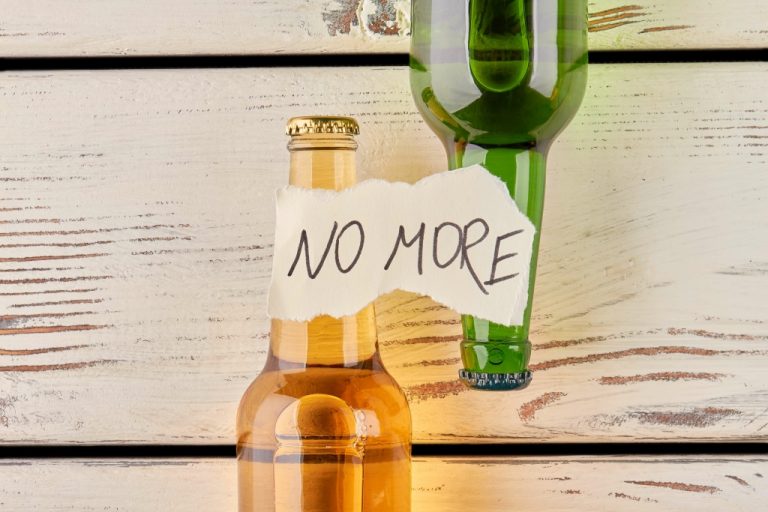The Link Between PTSD And Substance Use Disorders
Traumatic events can be very difficult to come to terms with, but confronting and understanding your feelings and seeking professional help is often the only way of effectively treating PTSD. Breaking the cycle of Alcohol Usage Disorders and PTSD requires acknowledging ptsd and alcohol abuse the problem and seeking help. By shedding light on the hidden link between Alcohol Usage Disorders and PTSD, we can guide individuals towards healthier choices and a brighter future.
Understanding Schizoaffective Disorder Treatment
Unfortunately, their silence stands in the way of treatment and recovery. Recently, celebrities have stepped forward to share their stories of PTSD and raise awareness of this often debilitating condition. Experiencing prejudice and stigma can also cause chronic stress, raising the risk of substance use and misuse.
Substance Use and PTSD

Furthermore, individuals who have experienced prior trauma may be more vulnerable to developing PTSD. This is known as the “kindling effect,” where previous traumatic experiences can sensitize the brain and make it more reactive to subsequent traumas. Research has shown that individuals with a family history of mental health disorders may be more susceptible to developing PTSD.
Health Conditions
These positive sensations can alleviate the negative side effects of PTSD for a short time, but once those chemicals leave your body, you’ll be left feeling even worse than before. This can lead some people to drink again, leaving them trapped in a vicious cycle. There are many reasons that PTSD and alcohol make a dangerous combination. Many people with PTSD self-medicate with alcohol because it temporarily makes them feel better.

Most people will recover from these symptoms, and their reactions will lessen over time. In some cases, these responses continue for a longer period of time and interfere with everyday life, a condition known as post-traumatic stress disorder (PTSD). Implementing SUD treatments for individuals with co-occurring PTSD and AUD could be a way for providers to address clinical needs without learning another manual-guided treatment. Initial and ongoing assessment is critical to understanding the needs and progress of Veterans with PTSD and SUD. Measurement based care (MBC; 29) or the use of patient-reported information collected as part of routine care, can be used to inform clinical care and shared decision making, individualize treatment, and assess progress toward recovery goals.
However, using alcohol to cope only delays facing the trauma and often makes the symptoms worse over time. Each VA Medical Center has treatment resources, including a PTSD-SUD specialist who is trained to treat Veterans with PTSD and substance use problems. A PTSD-SUD specialist, your primary care provider, or a mental health provider can help you explore your treatment options. Research suggests that for most people who have both PTSD and problems with alcohol or drug use, PTSD develops first. They might use drugs or alcohol to help them relax, feel more comfortable in social settings, or deal with thoughts and feelings they would rather avoid.
- If you fear peer pressure might be overwhelming, it’s perfectly acceptable to decline invitations.
- For additional information regarding procedures, see Simpson et al., 2014.
- Furthermore, individuals who have experienced prior trauma may be more vulnerable to developing PTSD.
- They also describe evidence-based psychological and pharmacological treatments for these populations and suggest future directions for research on treatment effectiveness.
- Varying levels of daily and overall PTSD symptom severity may differentially interact with heavy and lighter alcohol consumption to inform alcohol-related problem ratings.
Understanding Post-Traumatic Stress Disorder (PTSD)

One risk of using alcohol as a coping mechanism is the risk of leading to another traumatic event as a direct result of drinking. For example, getting into a drunk driving accident Drug rehabilitation or harming a relationship with a loved one because of heavy drinking. In these cases, individuals may continue to use alcohol to cope with the new trauma, as they did with the old.


Deja una respuesta